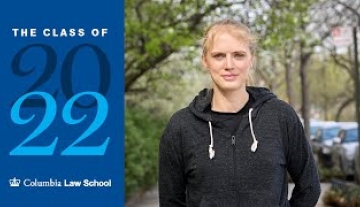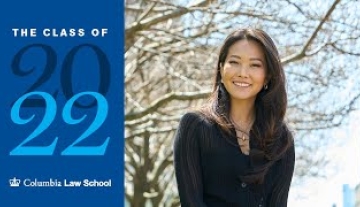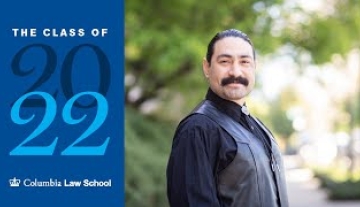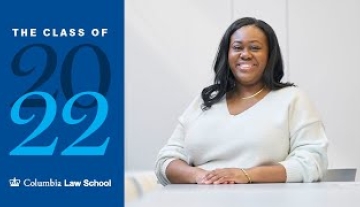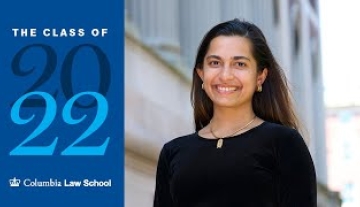Jordan A.J. Jarrett ’22 LL.M.: Use the Law to Make Meaningful Impact
Jordan A.J. Jarrett shares why being a singer is not so different from being a lawyer and how his LL.M. year helped him realize how he is contributing to global legal discourse.
Hometown: Kingston, Jamaica
Before Columbia: After graduating from the Faculty of Law at the University of the West Indies, Cave Hill (Barbados) and the Norman Manley Law School in Jamaica, Jarrett served as a judicial clerk to the chief justice of the Eastern Caribbean Supreme Court and a research assistant for the Eastern Caribbean Sentencing Advisory Committee and the Civil Procedure Rules Review Committee.
Why Columbia: “For me, law is a tool for social change, and lawyers are changemakers. I consider myself to be a changemaker, and, growing up in Jamaica, I was always uncomfortable with the almost inevitable sights of injustice and inequality. I saw law as the avenue through which I could have some meaningful impact on the systems and people most affected by injustice and inequality.”
Favorite Law School Moment: “I had the honor of being chosen to be one of Columbia Law School’s 15 United Nations externs for the 2021–2022 academic year. My favorite moment at CLS has got to be the day I presented my research project in the United Nations Externship. That moment was the culmination of months of hard work, research, and engagement with issues affecting underrepresented stakeholders in the international law rule-making spaces. While I presented, I appreciated, for the first time, the importance of my work and got the sense that my research could contribute to greater inclusivity in international rule-making.”
Columbia Law Activities: Staff editor, Columbia Journal of Transnational Law; graduate research assistant for Martin Flaherty, visiting professor of law; Columbia Law School United Nations externship; member, Black Law Students Association.
After Columbia: Jarrett plans to spend a few more years living and working in the United States.
“In the United States, lawyers are referred to as counselors, and in the Caribbean, we call our lawyers counsel. And coming into law, I didn’t realize the different dimensions that those labels themselves have. Something that kind of surprised me was how much I had to level with a client: to see the world the way they see the world, to feel what they feel, and to understand what they understand in order to champion their cause and to truly intercede on their behalf.”
